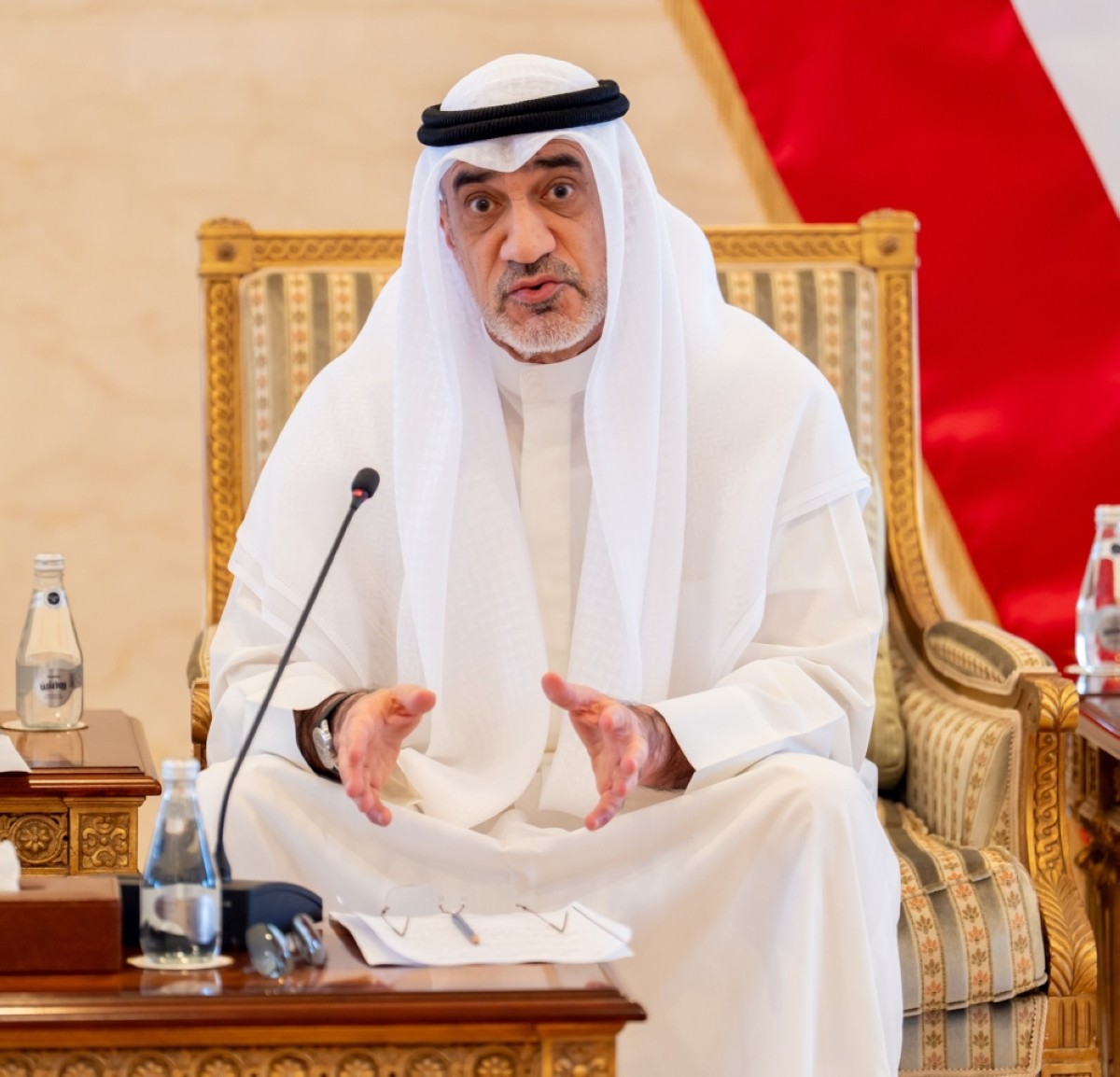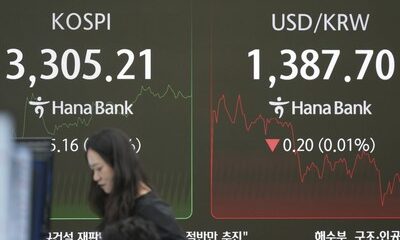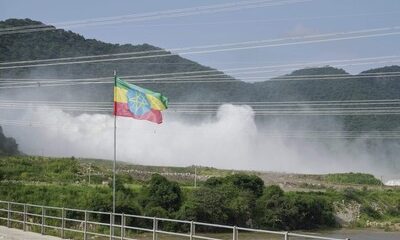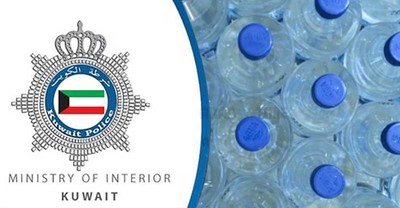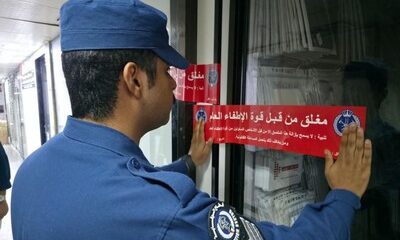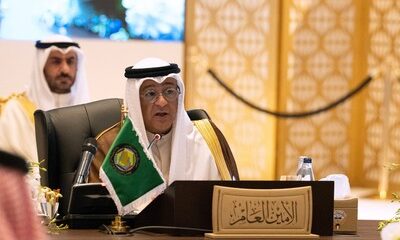Gulf countries ‘making great efforts to preserve public funds, promoting accountability’
KUWAIT: The 22nd meeting of the heads of financial and accounting audit bureaus of the Gulf Cooperation Council (GCC) member states commenced in Kuwait on Wednesday, with participants reaffirming their commitment to enhancing joint oversight efforts and safeguarding public funds. In his opening address, President of the State Audit Bureau (SAB) and chairman of the session, Essam Al-Roumi, underscored the importance of the gathering as an extension of earlier initiatives that have contributed to improving the quality and professionalism of supervisory work across the Gulf.
Al-Roumi noted that the agenda includes several key topics aimed at unifying the performance of GCC oversight bodies under the directives of Their Highnesses and Majesties, the leaders of the member states. He stressed that these discussions will pave the way for stronger professional advancement, greater effectiveness, and the fulfillment of the aspirations of Gulf societies.
The SAB chief expressed confidence that the meeting will take joint steps to support oversight work by strengthening cooperation, enhancing institutional capacities, and keeping pace with international and regional developments in the auditing field. He emphasized that coordination at the global level would help Gulf institutions present a unified vision within international and regional audit forums. Al-Roumi thanked GCC Secretary General Jasem Al-Budaiwi, the General Secretariat, and its officials for their continuous support of Gulf oversight committees, while extending special appreciation to Assistant Secretary General for Legislative and Legal Affairs, Counselor Sultan Al-Suwaidi, for his dedicated efforts in following up on the bureaus’ work.
Secretary-General of the Gulf Cooperation Council Jassim Al-Budaiwi
Chairman of the Audit Bureau of the State of Kuwait, Issam Al-Roumi
For his part, GCC Secretary General Jasem Al-Budaiwi praised the remarkable efforts of member states in protecting public funds and promoting accountability. He said Gulf oversight bodies play a pivotal role in ensuring transparency through coordination, integration, and the exchange of expertise. Al-Budaiwi stressed that the joint efforts of the GCC audit bureaus reflect the deep sense of responsibility entrusted to them by the leaders of the Gulf states. “This keenness has earned our bureaus a prestigious standing at the regional and international levels,” he said.
He conveyed his gratitude to His Highness the Amir Sheikh Meshal Al-Ahmad Al-Jaber Al-Sabah, Chairman of the current GCC Supreme Council session, for Kuwait’s effective stewardship in hosting and supporting Gulf meetings. He also congratulated Saudi Arabia on its 95th National Day and the United Arab Emirates on the Emirates Audit Authority’s election to the INTOSAI Executive Council. Al-Budaiwi explained that the General Secretariat prepared the agenda based on the outcomes of the 26th meeting of GCC undersecretaries, including discussions on the strategic training plan (2023-2025) and its extension (2026-2028) to strengthen capacity-building and enhance professional efficiency.
Other key issues on the table include the results of the sixth GCC auditing and accounting competition, the UAE proposal on auditing the accounts of the General Secretariat, the draft regulations for the Career Excellence Award, and the allocation of a Gulf week for financial auditing and accounting. Al-Budaiwi concluded by commending participants for their dedication and constructive contributions toward raising cooperation, integration, and institutional excellence in the field of financial oversight across the GCC. — KUNA


